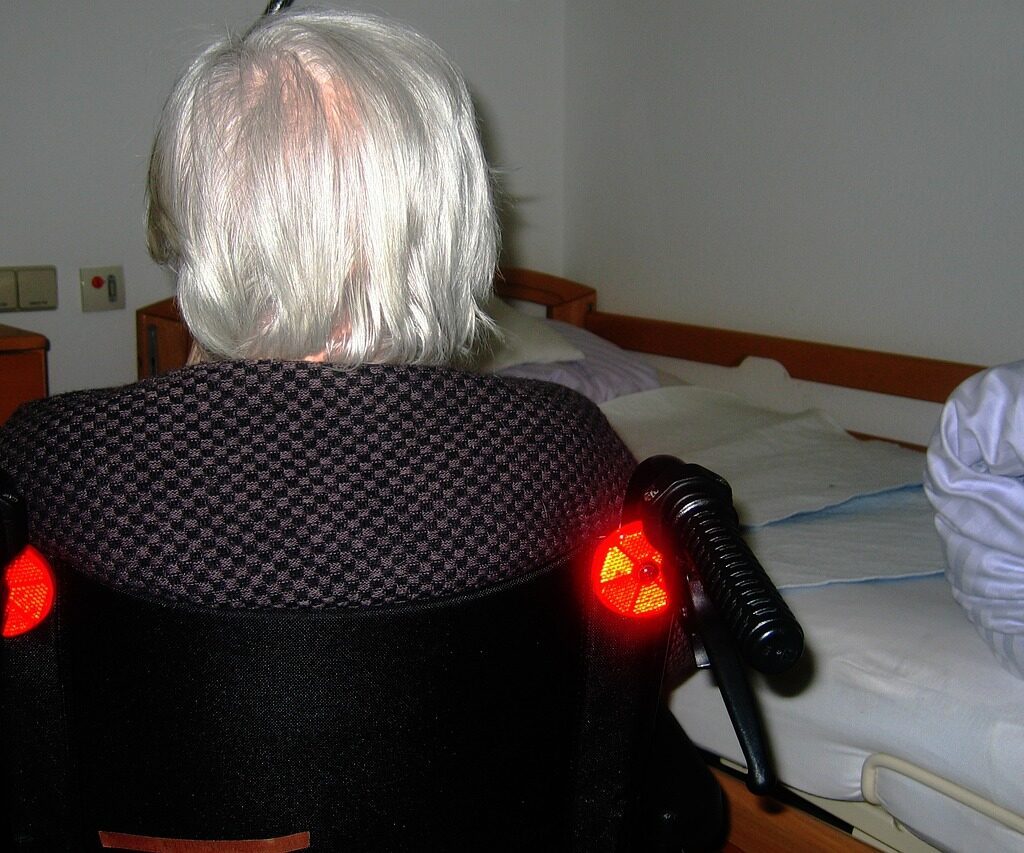After a Dementia Diagnosis: Preparing for the Future
A diagnosis of dementia, a category of diseases affecting memory and thinking that includes Alzheimer’s disease, can feel overwhelming and upsetting. You might worry that you will lose control over your life and ability to make your own decisions. Fortunately, receiving a diagnosis of dementia or Alzheimer’s does not mean that you cannot execute legal […]
After a Dementia Diagnosis: Preparing for the Future Read More »










